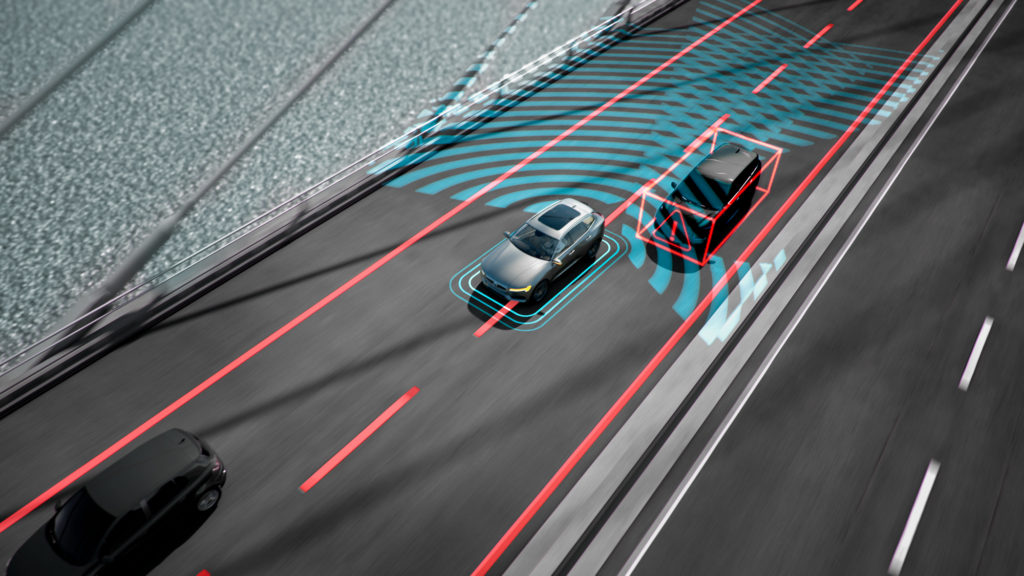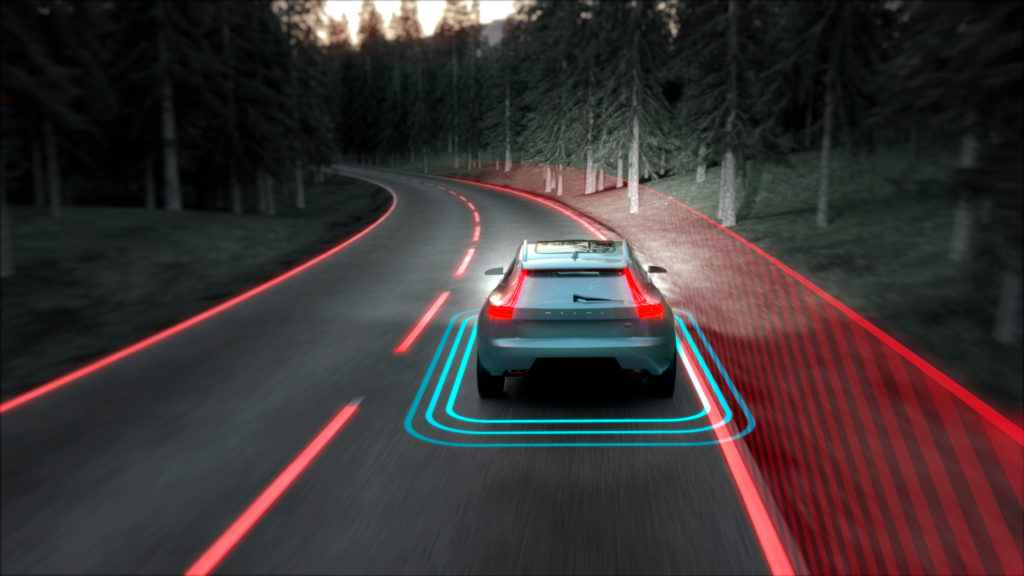Volvo Cars has been ranked highest overall in a major technology study.
The J.D. Power 2020 U.S. Tech Experience Index (TXI) StudySM provides an overview of how vehicle owners perceive advanced technology features. With the highest Innovation Index score of all competitors, 617 out of 1,000, Volvo offers a high level of advanced technologies across its entire product lineup.

Key findings showed that, among other technologies, Volvo drivers appreciate Oncoming Lane Mitigation (known as Automatic Emergency Steering in the study) Cross Traffic Alert with auto brake (Front and Rear Cross Traffic Alert and Rear Automatic Braking), and Pilot Assist (Active Driving Assistance), which aligns with the Swedish luxury brand’s priority on safety.

Other technologies offered, but not included in the study, include 360-view cameras and sensors and Advanced Driver Assist System (ADAS) features like Blind Spot Information System (BLIS) and Run Off Road Mitigation.
“At Volvo we believe in applying technology with purpose, not just for the sake of it,” said Anders Gustafsson, Senior Vice President Americas and President and CEO of Volvo Car USA. “We have always been about safety. The innovation in our new cars adds to that and the J.D. Power Tech Experience Index clearly shows how much our customers appreciate it.”

“The race never ends to develop ‘must have’ vehicle technologies,” said Kristin Kolodge, executive director of driver interaction & human machine interface research at J.D. Power. “New technology continues to be a primary factor in the vehicle purchase decision. However, it’s critical for automakers to offer features that owners find intuitive and reliable. The user experience plays a major role in whether an owner will use the technology on a regular basis or abandon it and feel like they wasted their money.”
The study, fielded February through May this year, is based on responses from 82,527 owners of new 2020 model-year vehicles who were surveyed after 90 days of ownership. It complements the annual J.D. Power Initial Quality Study (IQS)SM and the J.D. Power Automotive Performance, Execution and Layout (APEAL) Study, SM and is also used to help the industry address any problematic areas before the technologies are made widely available across automotive portfolios, thus improving the future owner experience.

